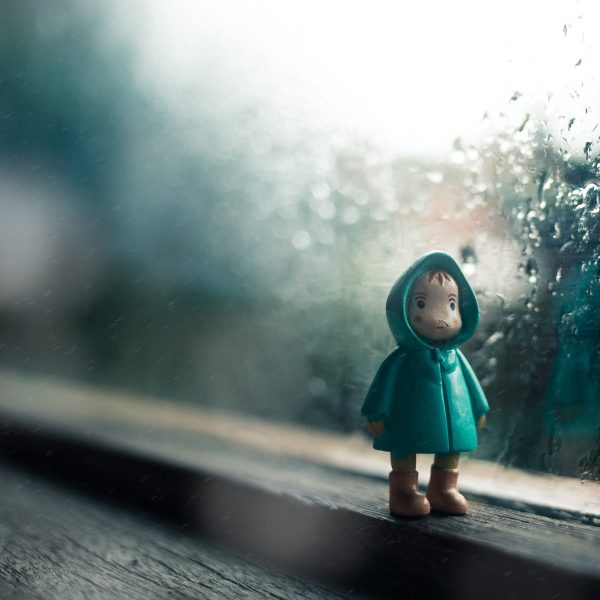Charity begins at home (or preschool) but must include children

Children aged four and up should be given more autonomy to help choose the charities their education and family groups support, researchers from the University of Kent and Canterbury Christ Church University have said.
In conducting the research, representatives from both universities set out to learn more about how much children aged four to eight understood about charitable giving. 150 children were asked by a team of 60 research associates about their understanding of charity, and their experiences of fundraising events.
The initial findings showed the children were only aware of charities and events they had taken part in at preschool or school, and were often not aware of the reason for the event being held, viewing fundraising initiatives such as breakfasts, cake stalls and dress up days as “something out of the ordinary” but not connecting it with charitable fundraising.
As a result, the researchers then worked with the children to explain more about the range of charities and causes which can be donated to, helping children to research areas they were passionate about or interested in, based on their interests and lived experiences.
Following the discussions with the researchers, children showed a greater understanding of the range of charities in the giving landscape, and became more engaged in developing their own ideas about charitable giving, “rather than just following orders from parents or teachers”.
When the children were offered the chance to give £100 to a charity type (homelessness, hunger, wildlife, etc.) the children showed a preference for those which would alleviate human suffering.
Charities supporting people in poverty and experiencing homelessness were the most popular, with 28 per cent of children choosing to support them. Wildlife charities (26 per cent) and charities supporting children and young people (27 per cent) were also popular areas of giving.
Because children did not have a direct experience with, or understanding of, international relief charities and medical research charities, these were the least popular choices, researchers said.
Researcher Dr Alison Body from the School of Social Policy, Sociology and Social Research (SSPSSR) at Kent said “It’s great that children are so heavily involved in charitable events but the research shows more needs to be done to help them play an active role in the sorts of causes and charities they help support, whether at preschool,school or at home. This early active engagement can have a life-long impact on how they understand and engage with charities and philanthropy more generally.”
Researchers added that both parents and education communities should do more to engage children with charity in a meaningful way, to try and understand what causes children are most interested in, and want to support, rather than defaulting to the most popular causes.
The findings have been published in a report entitled Engaging Child in Charities and Charitable Giving.
Popular

Policy
Practice
Provider
Quality
Research
Workforce
Beyond the headlines: celebrating educators and the power of positive relationships in early learning
2025-07-07 10:00:24
by Fiona Alston

Workforce
Policy
Quality
Practice
Provider
Research
ECEC must change now, our children can’t wait for another inquiry
2025-07-02 07:47:14
by Fiona Alston

Workforce
Quality
Practice
Provider
Research
Beyond the finish line: Championing child protection one marathon at a time
2025-07-08 09:15:32
by Fiona Alston













